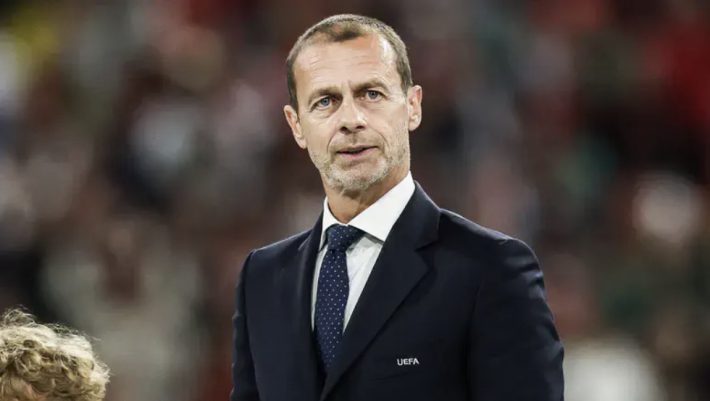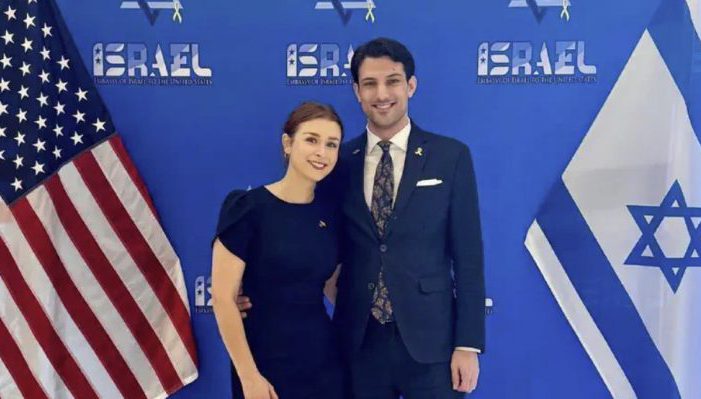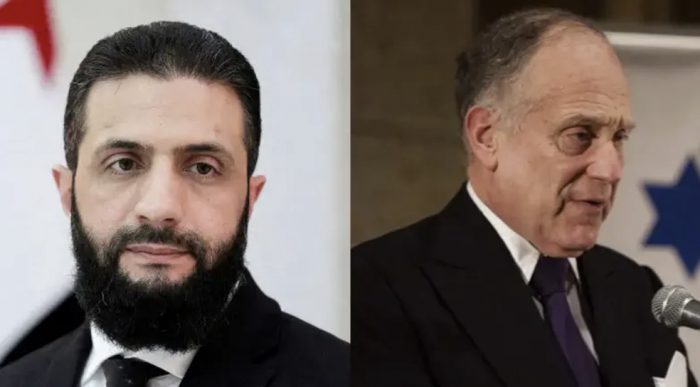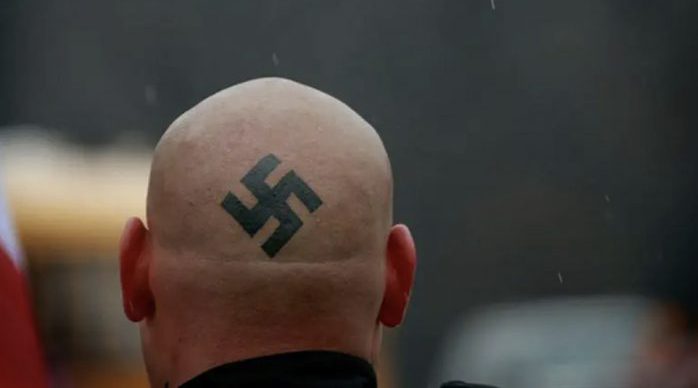UEFA President Aleksander Čeferin calls debate over Israel’s place in European football “legitimate,” fueling controversy after UEFA barred Israeli hostage family’s signs while flashing anti-war banners at matches.
UEFA President Aleksander Čeferin has ignited a storm of criticism after comments in an interview with Slovenian channel Odembe, where he was pressed on why Russia remains banned from UEFA competitions while Israel continues to compete.
Calling it a “legitimate question,” Čeferin defended his position:
“I don’t support banning athletes from competitions in principle. In Russia’s case, their athletes have already been absent for three and a half years, and the war has only worsened. I know many oppose the regime, but they still cannot play. I am against denying them the right to participate in our competitions.”
Pressed further about Israel, Čeferin responded cautiously:
“Israel is allowed to play in our facilities. This is our decision as of now. It’s hard for me to say what will happen in the future. I believe athletes should be given the chance to compete—other issues should be resolved differently.”
The interview comes just days after UEFA itself faced backlash for double standards. Ahead of a Paris Saint-Germain vs. Tottenham friendly in Udine, Italy, UEFA permitted a massive pitch-side banner reading: “Stop killing children. Stop killing civilians.”
Yet in stark contrast, UEFA barred the family of Israeli hostage Rom Braslavski from holding signs at a Beitar Jerusalem vs. Riga match in Bucharest. Their placards featured Rom’s photo alongside desperate pleas: “I want my brother,” “Bring back Rom,” and “The voice of my brother’s blood is calling to me from the tunnels – Bring Rom and the rest of our hostages home.”
The decision has fueled accusations that UEFA is politicizing football, applying inconsistent standards depending on the conflict in question. For Israeli families of hostages still held in Gaza, the rejection felt like a silencing of their voices at the very stage where global attention could have amplified their cry for help.
With Čeferin’s latest remarks, UEFA now faces mounting pressure to explain its contradictory stance—allowing anti-Israel banners but silencing hostage families—while continuing to wrestle with its broader role in global politics.





